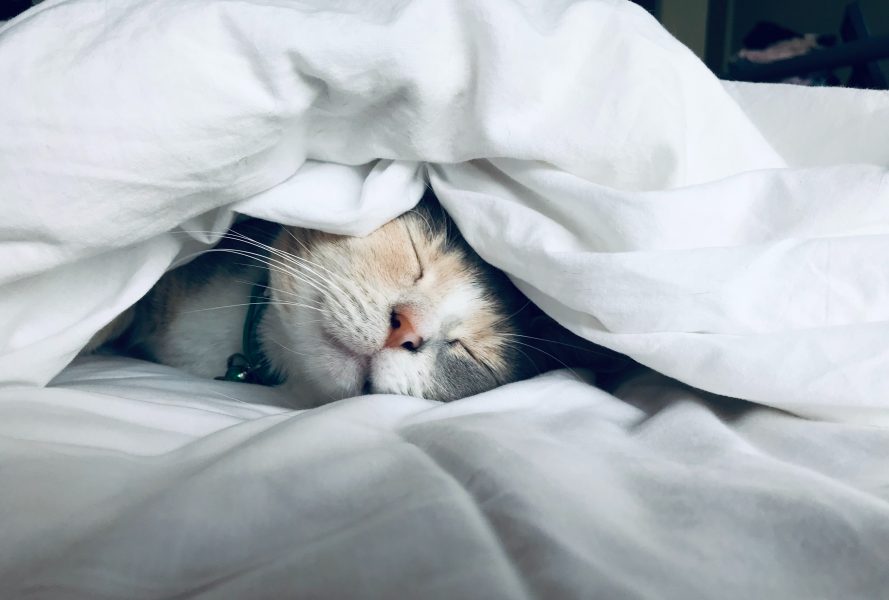The Benefits of Sleep

Amberly Wright explains why sleep is essential and reveals her favourite tips on how to get the best rest.
Summer is longed for by all University students, with a promise of blissful sleep and the absence of essays, exams, and early morning lectures. However, sleeping in can easily get out of hand, and all of a sudden you find yourself slipping back into your deadline season sleep schedule, with one major difference: there are no deadlines, so there is nothing to engage us. So, what can you do? Stick to a sleep schedule and plan little things to do each day. Though there are only so many picnics and beach trips you can do, and I’m sure many of us have had our fair share of Exmouth beach trips, it is important to have a reason to get up each day and avoid ‘summer depression’.
According to the NHS’s ‘Every Mind Matters’, a good night’s sleep can boost our mood, reduce stress, and help with anxiety. They also outline several steps to improve your sleep. The first is a good routine, with set times of relaxation and wind down, and going to bed and getting up at the same time each day. The next two steps relate to the aforementioned relaxation and wind down, whereby avoiding blue light devices, and practising meditation can help your body slow down and get ready for sleep, especially as blue light devices are known to block melatonin, the all-important sleep hormone. The next concerns the environment in which we sleep, ensuring that the room is dark, quiet, and ventilated, so our body is at its optimum for rest and recuperation. The fifth step is arguably the most important, and sometimes the most frustrating: to not force sleep. It is easily done, and many of us have tossed and turned wondering when we will ever get to sleep. But the important thing to do, remembers that if our mind is awake, we should be too. It is often helpful to engage our brain in some light activity, and sometimes a change of environment can help. Moving rooms to go and read a book or listen to music can help to put our racing minds at ease. The final step is a much more general one – improved diet and exercise. Though this can be undertaken in moderation, reducing junk food, alcohol, and nicotine can benefit sleep as such substances can stimulate the brain, rather than relax it.
A good night’s sleep can boost our mood, reduce stress, and help with anxiety.
As a Psychology student, I understand the importance of sleep, and I have a variety of things in place to help me sleep. I have tried many mindfulness apps, but the one I have found most beneficial is Headspace. I have been using Headspace for several years, and it has helped me fall asleep faster, and stay asleep, as well as ensure I wake up more refreshed. It has also helped my anxiety immensely, as it worsens late at night. By listening to a meditation or some rain sounds, my thoughts slow down and I can fall asleep. I also use a lavender pillow spray, as lavender has been shown to promote relaxation. Lavender oil contains acetate and linalool which lowers heart rate and reduces anxiety, and has been used for patients with sleep disorders. Finally, I like to plan little things to fill my day, such as tidying my room, going for a walk, calling a friend, or doing some baking. These all give me a reason to get out of bed in the morning, especially on days when anxiety is high, and the world seems a little scarier than usual.


